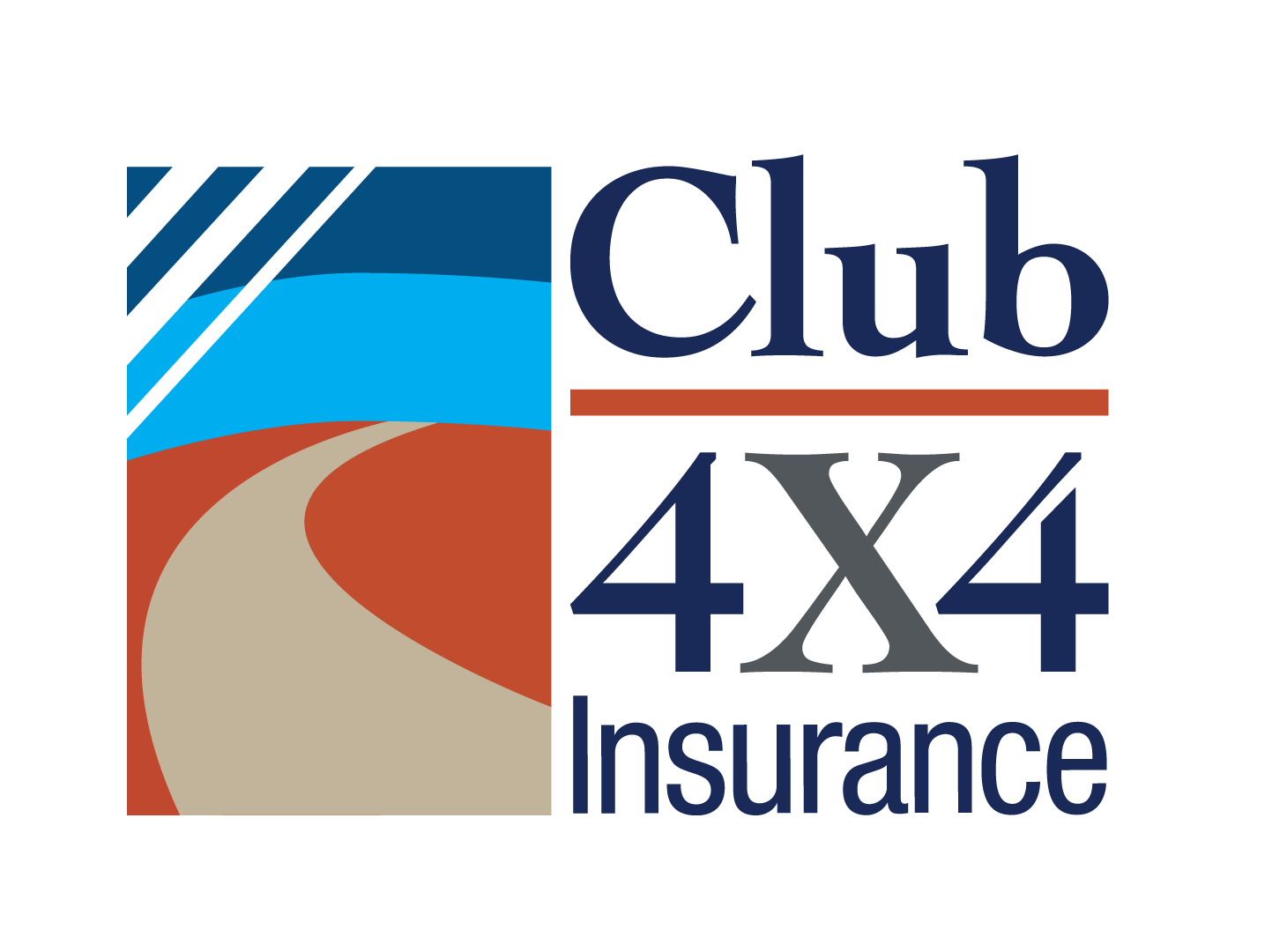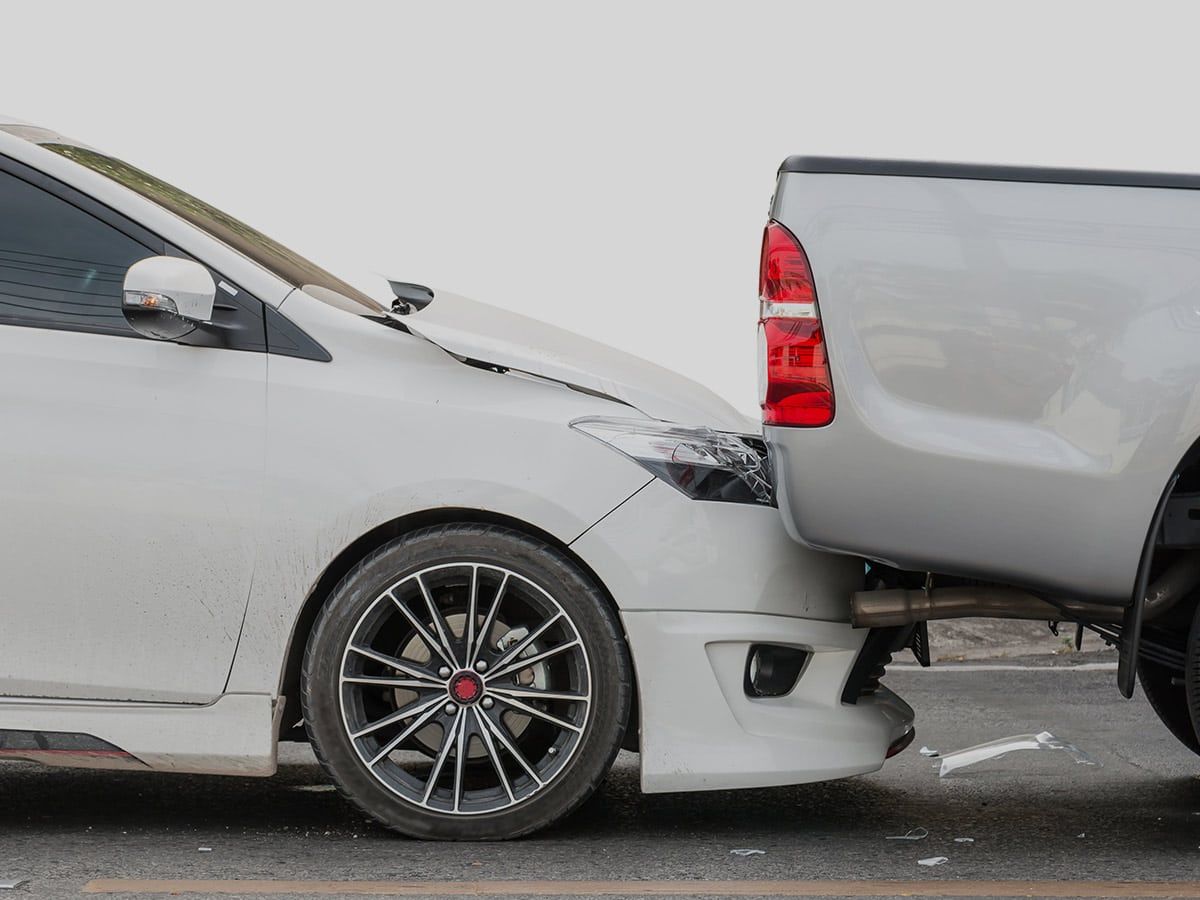We get a lot of questions about when an excess does and doesn’t apply and what to do in the event that you are unfortunate enough to be involved in an accident. This post covers off two key things that everyone should know to ensure the best outcome following an accident:
- The information an insurer needs following an accident (and why)
- What to do if you are involved in an accident
The information an insurer needs following an accident
There are 3 key bits of information that an insurer requires following an accident, in addition to an explanation of what happened. These pieces of information are particularly important if you believe that you were not at fault.
Following an accident, you should collect:
- The name, phone number and residential address of any persons (particularly drivers) involved in the accident. A picture of a license is a great way to cover this off completely and the recommended source of the information. Otherwise you may be given incorrect information!
- The registration number of any vehicle involved, and the details of the owner (which may be different to the driver)
- Name, address, and phone number of anyone who witnessed the accident.
Whether or not you will pay an excess in relation to the incident depends on two key factors:
- Who is identified as at fault
- Whether the person responsible can be identified (this means that their name, address, and phone numbers are provided – video of someone causing damage is no good unless you get the contact details of the perpetrator and the video clearly shows them causing the damage)
As the insurer, we will generally make the determination on who is at fault, or whether it is even possible to determine who is at fault. If we determine that you were at fault in an accident situation, an excess will apply. If we determine it was someone else and we have sufficient information on them to seek a recovery, then you will not pay an excess.
In the situation where you are damaged while parked and someone leaves a note, or a witness comes forward and provides details of the person who damaged the vehicle, then you are likely not going to have to pay an excess.
However even if you are not at fault there are cases where an excess still applies. For example, if your vehicle is damaged while parked and we can’t identify the person to seek recovery of damages, then you will need to pay an excess. Similarly, if you are hit by someone who then drives off and you are unable to get a registration number or further details that allow us to identify and contact them, then an excess will still apply.
Hopefully that provides some clarity on the information you need to capture in the event of an accident.
Hot tip: There are some situations where it can be difficult to determine fault as the result of a collision. Despite being confident that you were not at fault, if fault can’t reasonably be determined by the insurer(s), then an excess may still apply. If you are concerned about this, it might be worth investing in a Dash Cam. These handy devices retail for $100 to $200, and will record details of an accident, along with footage that can be used as evidence to help determine fault. You can check out our recent dashcam review here
What to do if you have an accident
The NSW Roads and Maritime Services website has developed a handy page which clarifies the requirements if you are involved in a crash. It is well worth a read, despite the fact that some of it is common sense.
The key points are:
- How to make the scene safe by removing significant debris off the road.
- When Police need to be called.
- When you can organise a tow.
- What information you must provide if you are asked for it.
The last point was the most interesting for me.
‘Regardless of damage, if you are asked to, you must provide the owner or driver of any other vehicle involved in the crash with the following information:
- Your name, address and licence details
- Your vehicle registration number
- If you are not the owner of the vehicle, the name and address of the owner.’
The information above aligns with exactly what an insurer requires, and there is an obligation on the other driver to provide those details if requested. So don’t be afraid to get those details, and don’t be afraid to call the Police if someone refuses to provide the information or drives off.
The RMS article can be found below.
https://www.rms.nsw.gov.au/roads/safety-rules/safe-driving/after-crash.html
Summary
In summary, in the event of an accident, safety first. For you, then the people in your car, then the other car and then everyone else.
Make sure you get the details of the vehicle, the driver, and the owner after an accident and remember that they are obligated to provide these details. If there are witnesses, grab their details too.
If the other party refuses, or drives off, call the Police.
If you are worried about proving the circumstances surrounding an accident, consider a Dashcam which will collect important details including footage. A few hundred bucks is certainly cheaper than the cost of an excess.
As always, Happy touring!
Aiden


